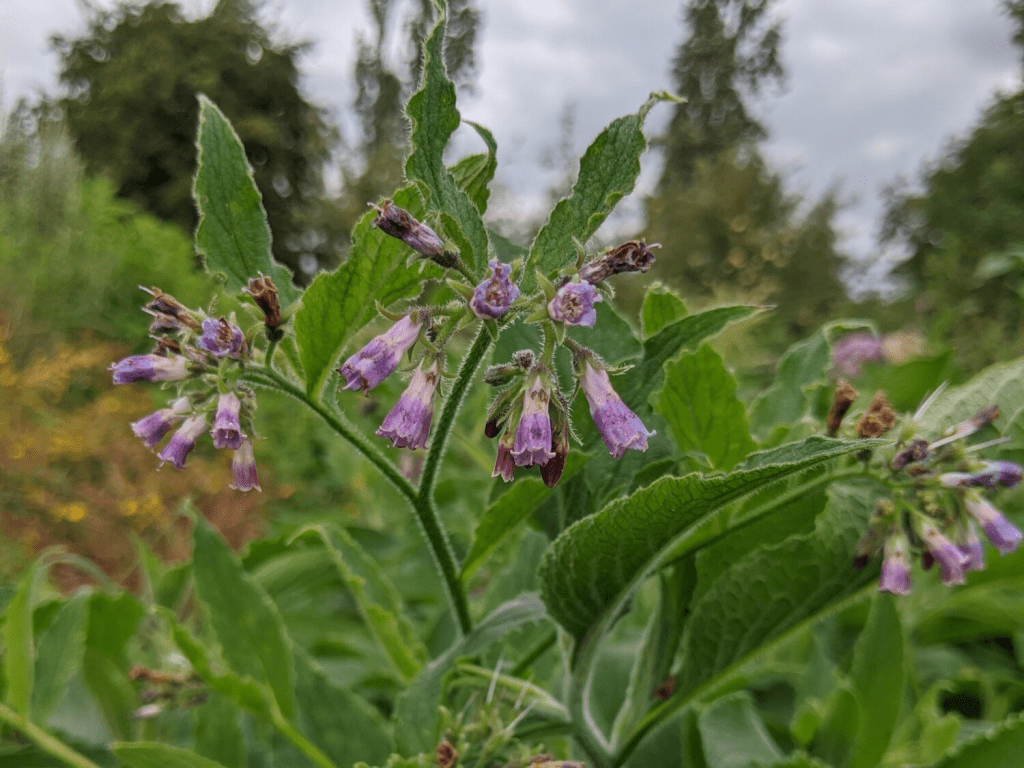Herbal supplements are increasingly popular, especially among those seeking natural alternatives to improve their health and wellness. However, just because something is labeled “natural” doesn’t mean it’s safe. Many herbal supplements can pose significant risks, particularly to the liver, which is crucial for detoxifying the body. In this article, we’ll explore five herbal supplements that could harm your liver without you even realizing it.
Understanding the Risks of Herbal Supplements

The allure of herbal supplements often lies in their perceived safety. However, unlike pharmaceutical drugs, herbal supplements are not regulated as strictly, which means they may contain contaminants, inaccurate dosages, or undisclosed interactions with other substances. Although they’re often marketed as “natural,” some of these supplements can have side effects that are far from benign. Educating yourself about these risks is essential before incorporating any supplement into your daily routine.
Why the Liver is Vulnerable
The liver is the body’s detox powerhouse, filtering toxins from the blood, metabolizing substances, and producing bile. However, these essential functions make it particularly susceptible to damage from harmful compounds. Every substance we ingest, including herbal supplements, passes through the liver. If an herb contains toxic elements or produces harmful byproducts when metabolized, it can cause liver inflammation, fibrosis, or even failure. Now, let’s take a closer look at some popular herbal supplements that may pose risks to liver health.
1. Green Tea Extract – A Powerful Antioxidant with a Potent Side
Green tea extract is praised for its weight loss benefits and antioxidant properties. However, in concentrated form, it can also pose a risk to liver health. Research has shown that high doses of green tea extract can lead to hepatotoxicity, which refers to chemical-driven liver damage. There have been documented cases of people experiencing liver failure after consuming excessive amounts of green tea extract, which underscores the importance of moderation and consulting with a healthcare provider before use.
How Green Tea Extract Affects the Liver
- Hepatotoxic Compounds: Green tea contains catechins, which can be harmful in high concentrations. While these compounds are beneficial in small amounts, they can become toxic to the liver at high doses.
- Case Reports: Various cases have shown that individuals using green tea extract for weight loss or energy boosts have suffered from liver damage. Symptoms often include fatigue, jaundice, and dark-colored urine.
2. Kava – The Calming Herb with a Dark Side
Kava, a traditional herb used for its calming and anti-anxiety effects, has been linked to severe liver damage. In fact, concerns over its safety have led several countries to restrict or ban kava products. Long-term use of kava has been associated with hepatitis, cirrhosis, and even liver failure. Despite its benefits in promoting relaxation, the risks to liver health make it a concerning option.
Why Kava is Dangerous
- Hepatic Necrosis: Kava can cause liver cells to die, leading to inflammation and scarring. This can result in reduced liver function and, over time, serious liver diseases.
- Warnings from Health Organizations: Many health organizations, including the FDA, have issued warnings about kava’s potential liver toxicity, advising users to exercise caution.
3. Comfrey – A Traditional Remedy with Toxic Risks
Comfrey is commonly used in herbal medicine to treat wounds, inflammation, and digestive issues. However, it contains pyrrolizidine alkaloids (PAs), compounds that are highly toxic to the liver. These alkaloids can cause a condition known as veno-occlusive disease, where the veins in the liver become blocked. This blockage can eventually lead to cirrhosis and liver failure.

Comfrey’s Liver Toxicity
- Pyrrolizidine Alkaloids: PAs are found in the leaves and roots of the comfrey plant. They can cause liver inflammation and are known to be carcinogenic.
- Risk of Long-Term Use: Even small doses of comfrey, when taken over an extended period, can lead to cumulative liver damage. This is why comfrey is banned in many countries for internal use.
4. Black Cohosh – Menopause Relief with Potential Liver Consequences
Black cohosh is often used by women to alleviate symptoms of menopause, such as hot flashes and mood swings. While it has been shown to provide some relief, there are numerous reports linking black cohosh to liver damage. Although the exact mechanism remains unclear, it is thought that certain compounds in black cohosh may trigger an immune response that damages liver cells.
How Black Cohosh Can Harm the Liver
- Hepatotoxic Reactions: Cases of hepatitis, liver failure, and other liver-related conditions have been reported by users of black cohosh supplements.
- Uncertain Dosages: Without clear dosage guidelines, it’s easy for users to take too much black cohosh, increasing the risk of liver complications.
5. Chaparral – Detox Supplement with Dangerous Effects

Chaparral is often marketed as a detox agent, but it poses significant risks to liver health. It contains a compound called nordihydroguaiaretic acid (NDGA), which has been associated with liver toxicity. Prolonged use of chaparral has been linked to cases of hepatitis and cirrhosis, making it a hazardous choice for those seeking liver detoxification.
Chaparral and Liver Health
- NDGA Toxicity: NDGA can cause inflammation of liver cells, leading to chronic liver damage if taken regularly.
- Detox Myths: While chaparral is advertised for detoxification, its toxic effects on the liver can outweigh any supposed benefits. Safer and more effective detox options are available.
Signs of Liver Damage You Shouldn’t Ignore
It’s essential to recognize early symptoms of liver damage, especially if you use herbal supplements. Some common signs include:
- Fatigue and weakness
- Nausea or vomiting
- Loss of appetite
- Jaundice (yellowing of the skin and eyes)
- Dark urine
- Abdominal pain and swelling
If you experience any of these symptoms, stop taking the supplement immediately and consult a healthcare provider.
Consult Your Healthcare Provider Before Using Supplements

Before incorporating any new herbal supplement, consult a healthcare provider, particularly if you have pre-existing health conditions or are taking other medications. A healthcare professional can assess potential risks based on your health profile, helping you make informed decisions and avoid possible side effects or interactions.
Safer Alternatives and Preventative Measures
While herbal supplements can provide certain health benefits, it’s crucial to prioritize liver health. Consider lifestyle changes, such as eating a balanced diet and exercising regularly, to achieve your wellness goals. If you’re looking for liver-friendly herbs, consult a healthcare provider for recommendations that are backed by research and safe for long-term use.
Conclusion: Weighing the Benefits Against the Risks
Herbal supplements offer natural ways to enhance health, but they’re not without risks, especially to the liver. By being informed, cautious, and consulting healthcare providers, you can make better choices that support your overall health. Remember, just because a product is natural doesn’t mean it’s risk-free. Protect your liver by choosing safe, well-researched options and avoid self-prescribing herbal supplements that could cause more harm than good.


